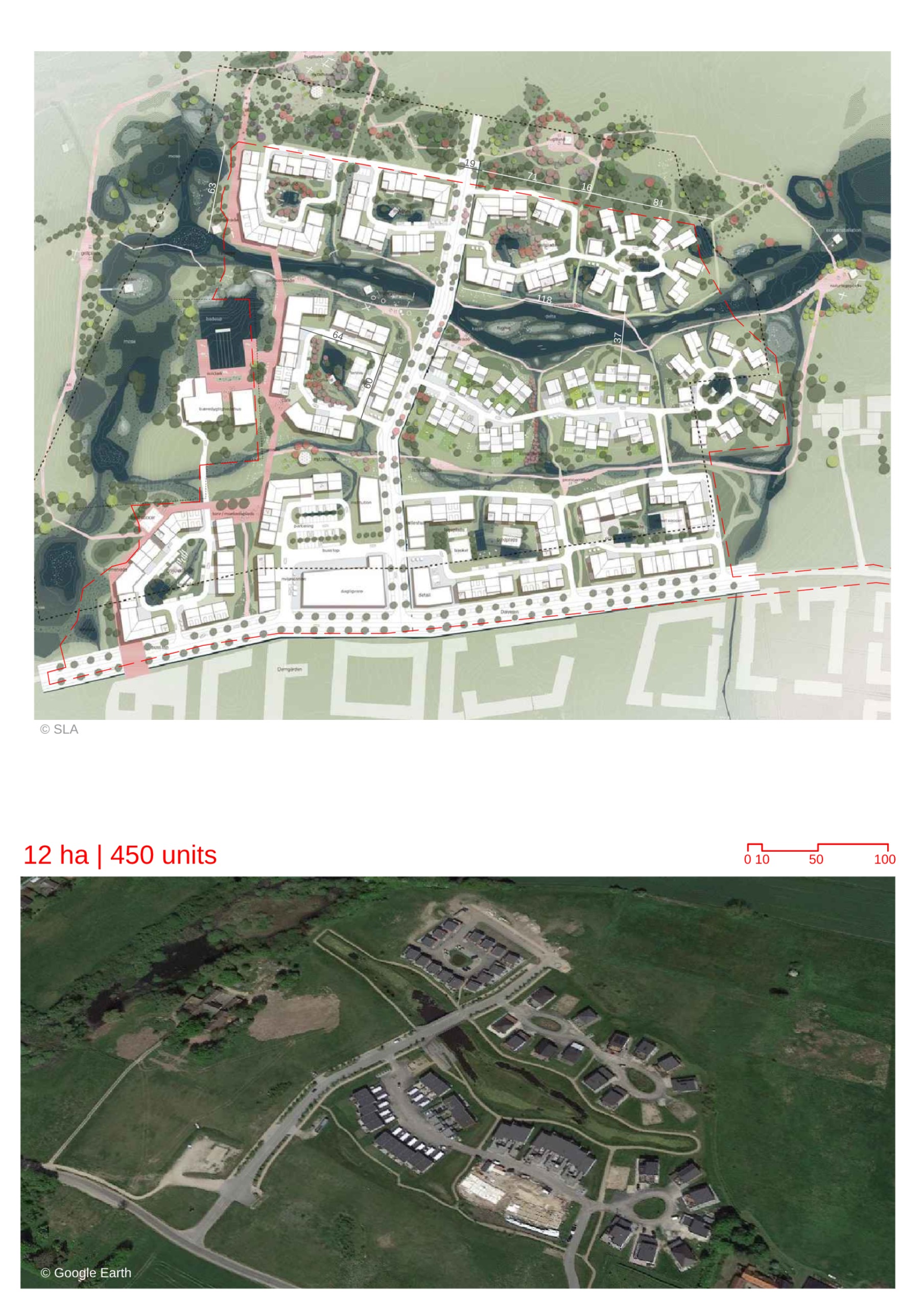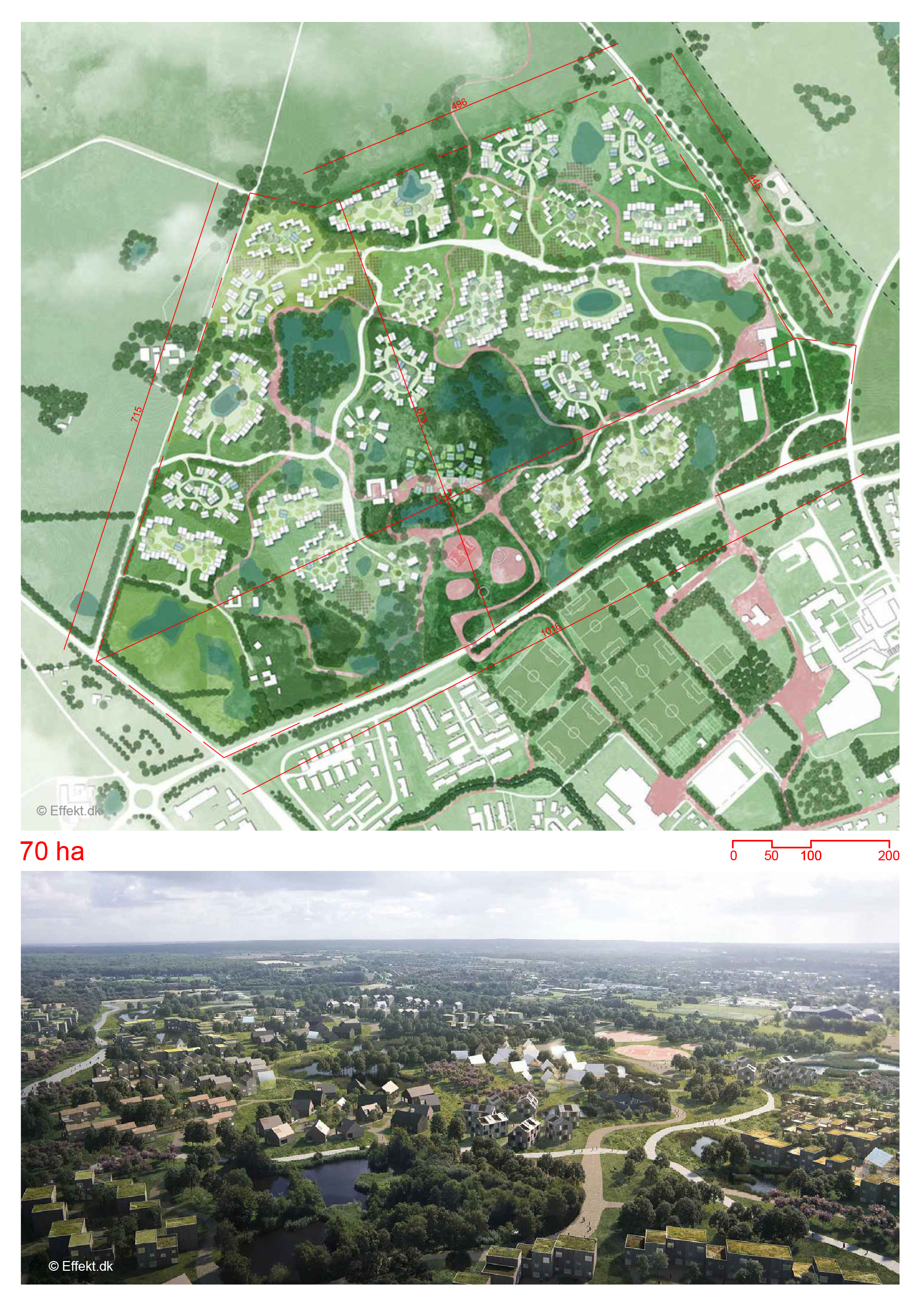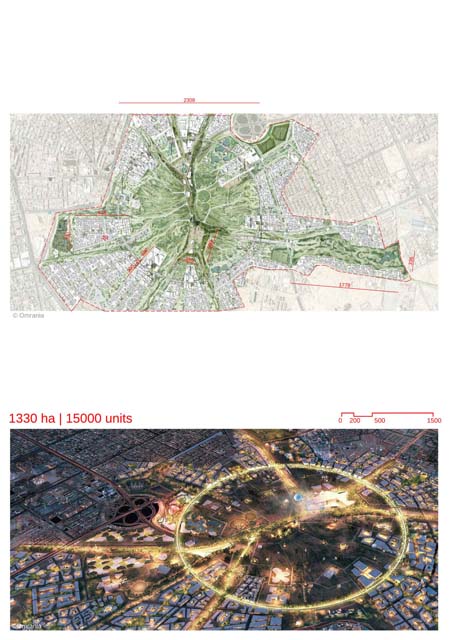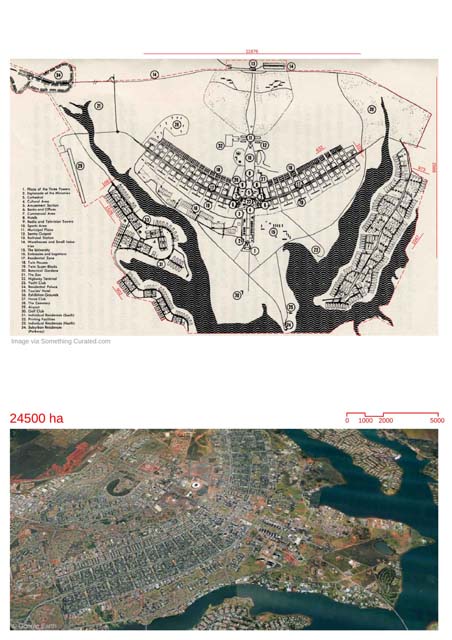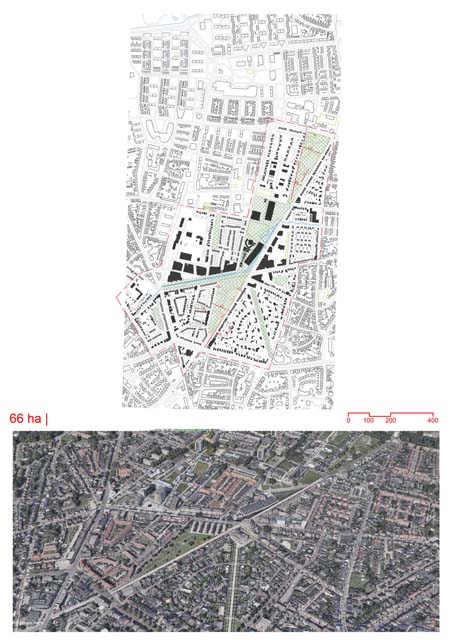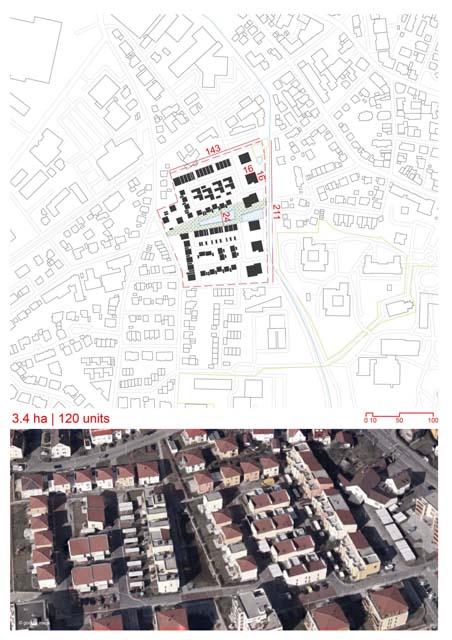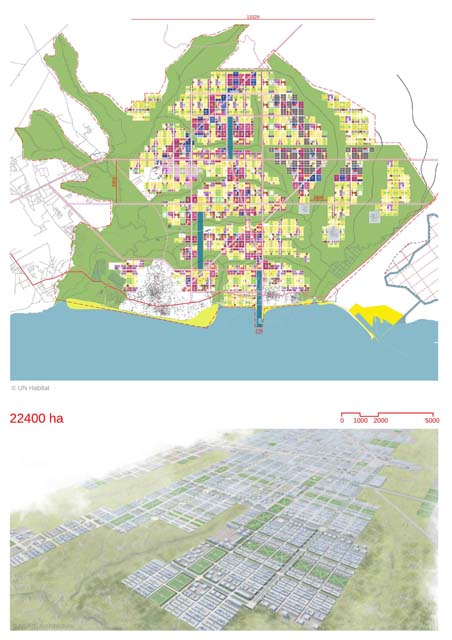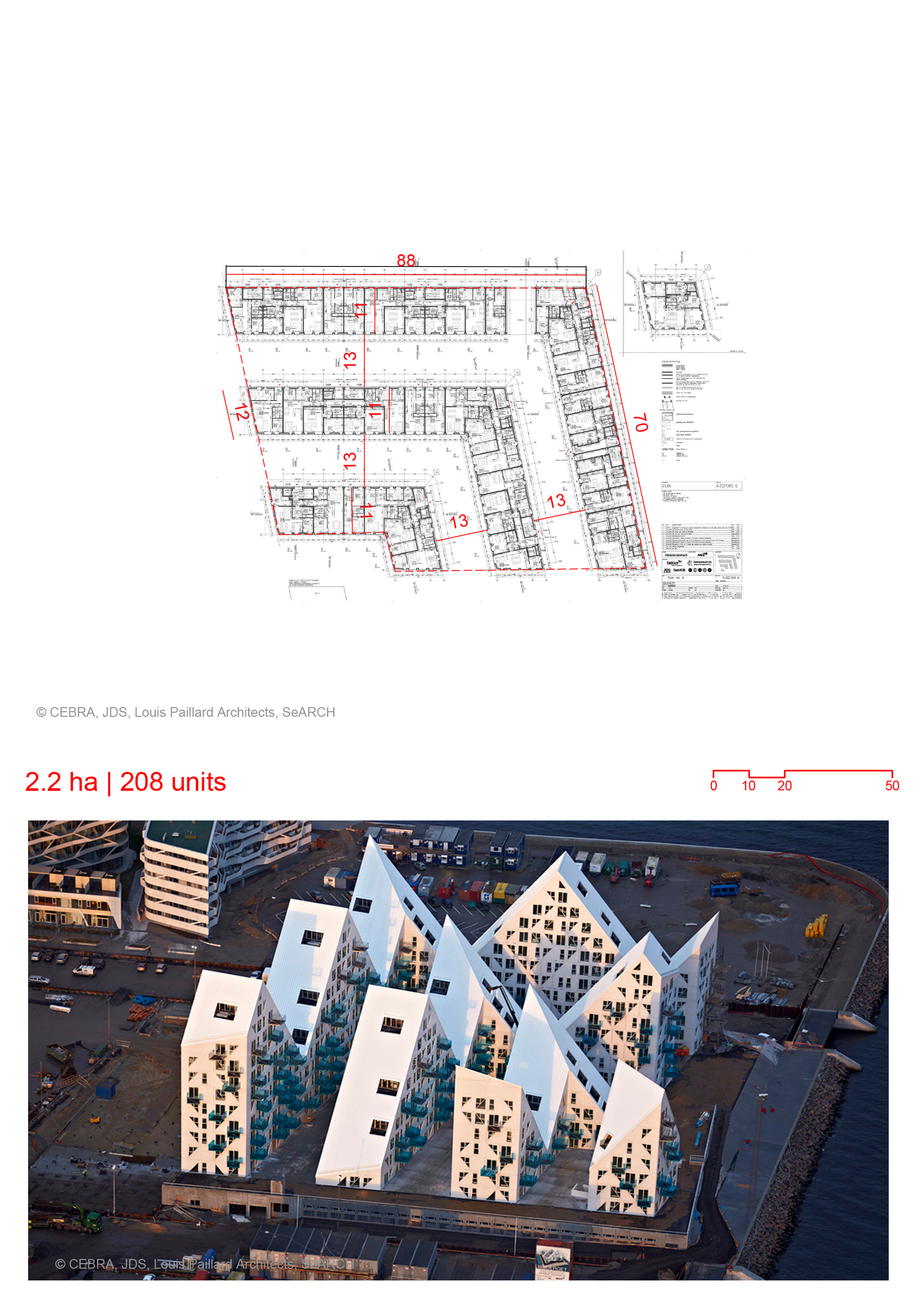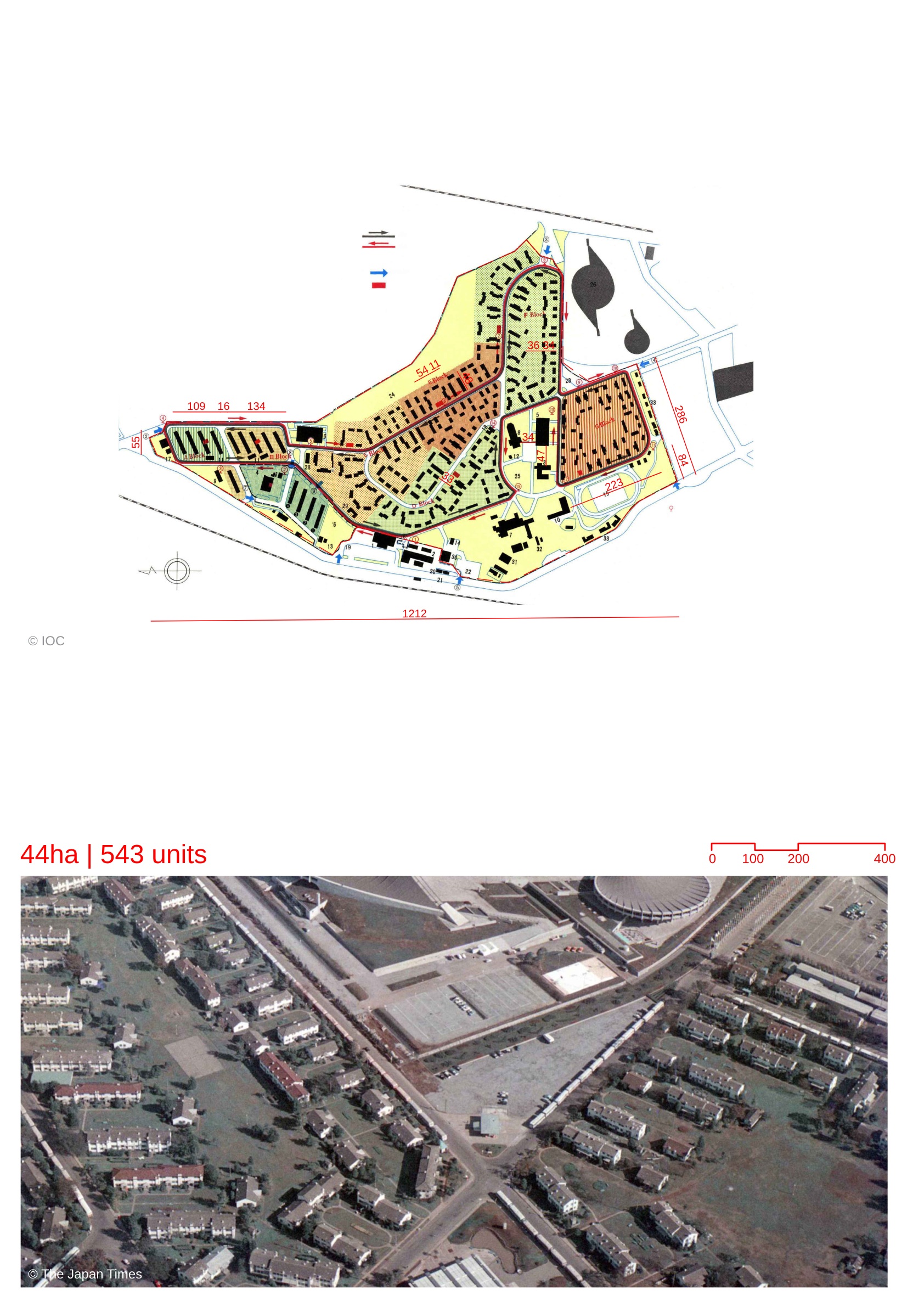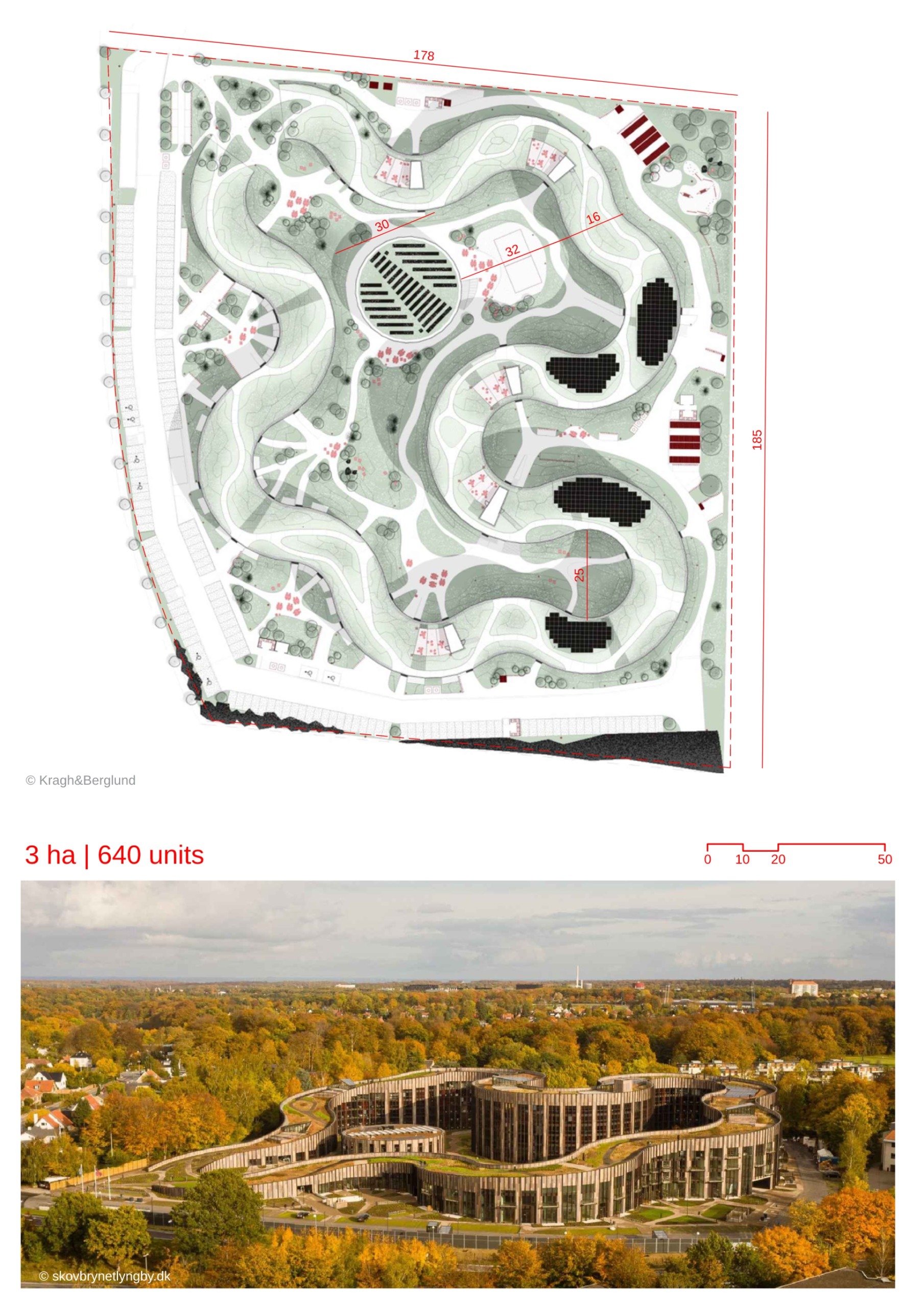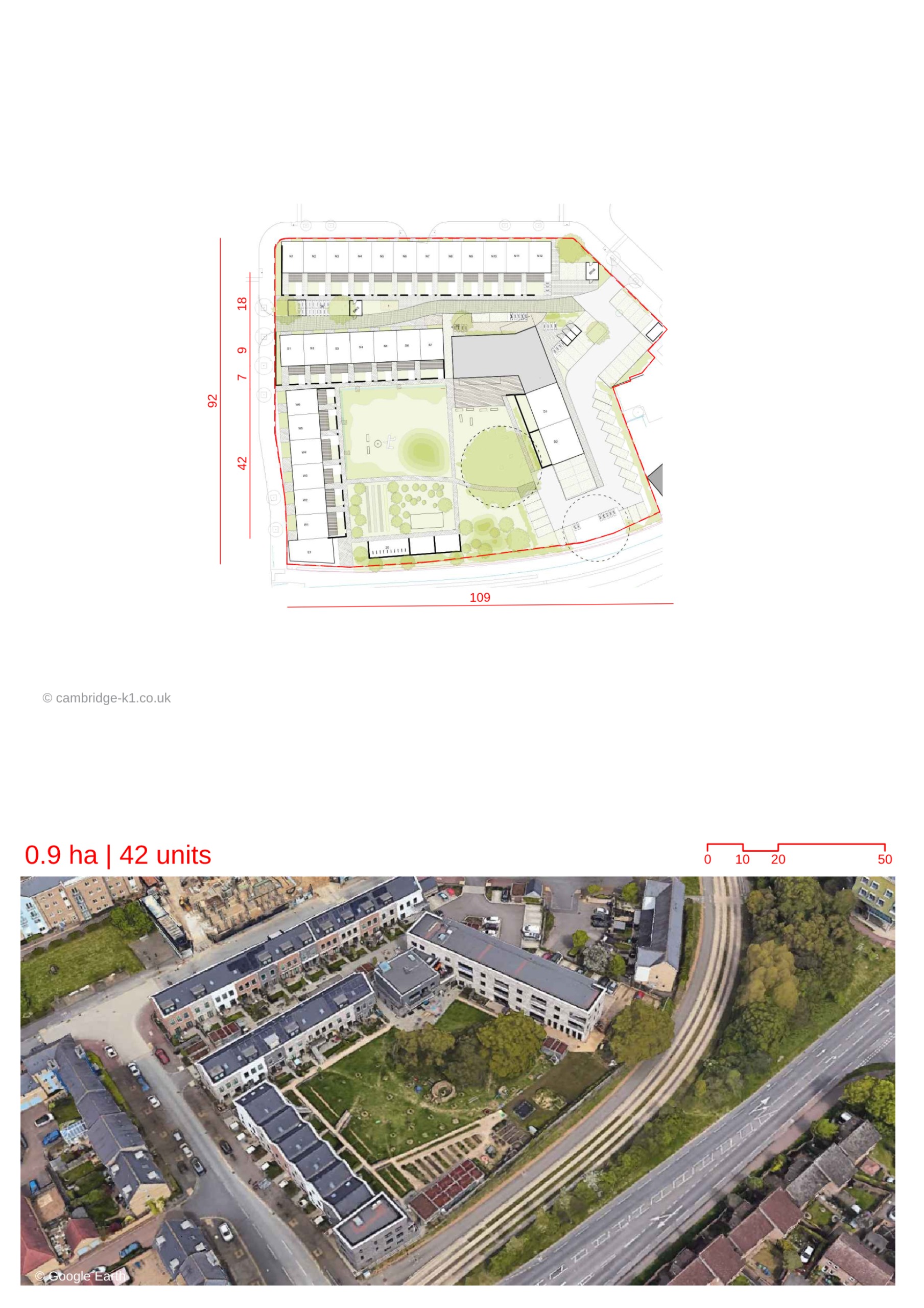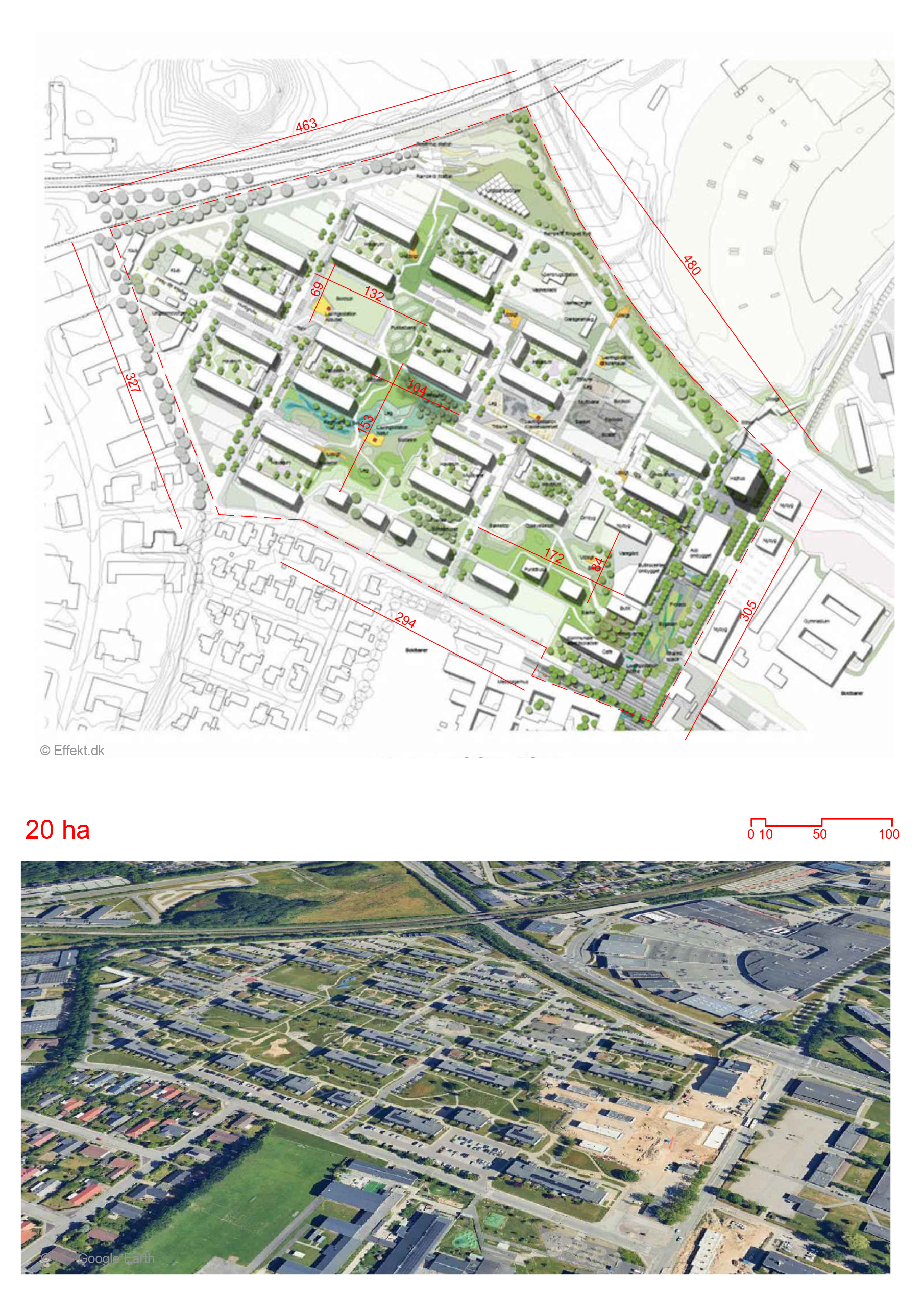
Details
Views:
549
Tags
Data Info
Author
EFFEKT
City
Aarhus
Country
Denmark
Year
2017
Program
Urban Renewal
Technical Info
Site area
200000 sqm
Gfa
0
sqm
Density
0 far
Population density
0
inh/ha
Home Units:
0
Jobs
0
Streetsroad:
0
%
Buildup:
0
%
NonBuild-up:
0 %
Residential
0 %
Business
0
%
Commercial
0
%
Civic
0
%
Description
- Rosenhøj, a social housing area in Viby Syd, Aarhus, underwent a comprehensive transformation focused on openness, identity, and community.
- New housing typologies were introduced, with the middle sections of existing blocks demolished to create visual connections and open the neighborhood to its surroundings.
- Diverse designs and materials were used for facade renovation, pairing blocks with matching facades and creating shared courtyards to foster smaller, identity-rich communities.
- The neighborhood was divided into 11 small communities, each with housing blocks, terraced houses, and shared garden spaces.
- A former parking lot was transformed into a shared park for community use.
- Originally built in the 1970s, Rosenhøj faced social challenges and developed a negative reputation over the years.
- The transformation, carried out from 2014-2017, brought economic, environmental, and social improvements.
- The project improved resident trust and relationships, as reflected in positive social housing reports.
- Trust and Security: Resident surveys show a 37% increase in trust among neighbors from 2008 to 2017.
- Decrease in Insecurity: The number of people feeling insecure dropped by half, from 23% to 11.6% in the same period.
- Increased Demand: Desirability for homes in Rosenhøj increased, as shown by substantial waiting lists.
- The transformation included futureproofing measures, such as upgrading building envelopes, replacing ventilation systems, and improving insulation.
- 85-90% of surplus heat in buildings is reused, resulting in a 50% reduction in total energy consumption.
Vision and Concept
Transformation Journey
Security, Neighbour Relations & Desirability
Energy Optimization and Futureproofing
Location
Sources
Explore more Masterplans
|
